The holiday season is here, and so is one of the unhealthiest times of the year for many of us: weight gain, added stress, unhealthy eating and little to no time for exercise, which results in strain on our cardiovascular system. Studies suggest increased cardiovascular disease risk during winter months, with a peak around the holidays.
There are a variety of ways we can protect our hearts during this holiday season and into the new year. Here are eight tips to help keep a happy, healthy heart:
- 1. Schedule a visit to your doctor for a pre-holiday checkup.
-
Studies have shown people put off getting medical care until the holidays are over, which is a risk you shouldn’t take. Visit your doctor especially before traveling. Be sure you know your numbers (blood pressure, blood sugar, cholesterol) and if you don’t, have updated blood work completed, update and refill medications, and make a list of questions for your doctor about any health concerns you might have. Get a flu shot while you’re there to prevent illness that can put extra strain on your heart.
- 2. Keep stress in check.
-
Between the many parties to attend, meals to make, decorating, shopping (and financial strain) and family visits, the holidays are some of the most stressful times of the year. Before the holidays begin, consider your biggest stressors and make a plan on how you will handle them. Complete holiday shopping early. Cook meals in advance. Limit the parties you attend. It’s OK to say no and it’s OK to ask for help. Better yet, check in on friends and family members who might be having a stressful time themselves.
- 3. Enjoy time with family and friends.
-
Embrace the holiday fun! Social isolation increases your risk of heart issues. So, include time with loved ones and consider giving of yourself and your time at homeless shelters and soup kitchens, as volunteering promotes both physical and mental health.
- 4. Remember that nutrition is important.
-
Make sure you’re eating plenty of fruits, vegetables and whole grains every day. Being satiated will help you say no to the endless holiday treats around every corner. Even better, avoid the places where you might be tempted to indulge: the office kitchen with homemade cookies, your evening route home past fast-food restaurants, and the supermarket when you’re hungry.
- 5. Keep your holiday weight gain to a minimum.
-
This is a matter of planning your indulgences and making them count: a special treat only available around the holidays, a homemade dessert at a holiday party, etc. Make sure to stay well hydrated by keeping a water bottle close by and refilling it several times throughout the day. Limit alcohol intake. Weighing yourself regularly can lead to less weight gain.
- 6. Add small amounts of physical activity into your day.
-
Set an alarm on your phone to go off every hour so you can stand up and move around. Fit in extra activity in little ways: take the stairs, stand or pace while talking on the phone, or walk to complete your errands. Shoot for three or four 10-minute walks during the course of the day. Plan to get your exercise done early, first thing in the morning before the day gets busy. Exercise can help to relieve stress and help keep your weight in check.
- 7. Stick to a routine.
-
Scheduling is key, and planning ahead will help you stick to a routine that promotes good health. Get a friend to hold you accountable, sign up for a weekly fitness class, or set daily alarms on your phone or computer to keep you in line. When days get busy, it is easy to forget to take medications, forgo a meal (and overeat later), and allow stress to overtake your day.
- 8. Limit the number of decisions you have to make throughout the day.
-
Research has shown that we lose willpower over the course of the day as we make more decisions, which may lead us to make poor choices by the end of the day. This is why we eat junk food at night and blow off our evening walk for a night in front of the TV. The most successful people reduce the amount of decisions they have to make: Facebook entrepreneur Mark Zuckerberg said he eats the same breakfast every morning and Apple CEO Steve Jobs wore the same outfit every day.
The holidays don’t have to be a time of weight gain, high stress and low physical activity. And they definitely don’t have to be a time of the year when we disregard our heart health. Try instilling some of these tips now, add a few more every week and carry them with you into the new year.
What do you think?
Share your feedback on this story.
About the Department of Public Health and Exercise Science
The Department of Public Health and Exercise Science in Appalachian State University’s Beaver College of Health Sciences delivers student-centered education that is accentuated by quality teaching, scholarly activity and service. The department includes two undergraduate academic disciplines: exercise science and public health. The department also offers master’s degrees in exercise science and public health, which prepare students for advanced study in a variety of related fields as well as research. Learn more at https://phes.appstate.edu.
About the Beaver College of Health Sciences
Appalachian State University’s Beaver College of Health Sciences (BCHS), opened in 2010, is transforming the health and quality of life for the communities it serves through interprofessional collaboration and innovation in teaching, scholarship, service and clinical outreach. The college enrolls more than 3,600 students and offers 10 undergraduate degree programs, nine graduate degree programs and four certificates across six departments: Nursing, Nutrition and Health Care Management, Public Health and Exercise Science, Recreation Management and Physical Education, Rehabilitation Sciences, and Social Work. The college’s academic programs are located in the Holmes Convocation Center on App State’s main campus and the Levine Hall of Health Sciences, a state-of-the-art, 203,000-square-foot facility that is the cornerstone of Boone’s Wellness District. In addition, the college supports the Appalachian Institute for Health and Wellness and has collaborative partnerships with the Wake Forest University School of Medicine’s Physician Assistant Program, UNC Health Appalachian and numerous other health agencies. Learn more at https://healthsciences.appstate.edu.
About Appalachian State University
As a premier public institution, Appalachian State University prepares students to lead purposeful lives. App State is one of 17 campuses in the University of North Carolina System, with a national reputation for innovative teaching and opening access to a high-quality, cost-effective education. The university enrolls more than 21,000 students, has a low student-to-faculty ratio and offers more than 150 undergraduate and 80 graduate majors at its Boone and Hickory campuses and through App State Online. Learn more at https://www.appstate.edu.
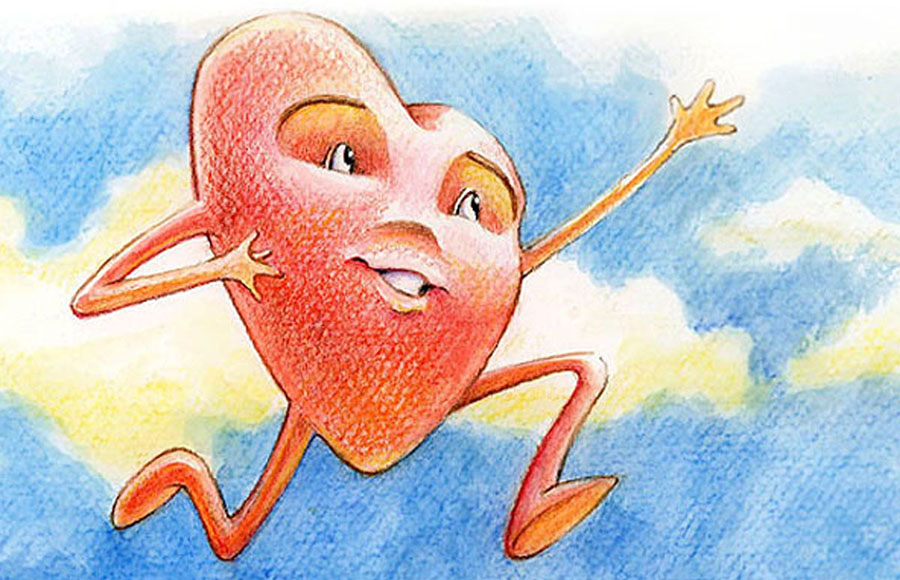
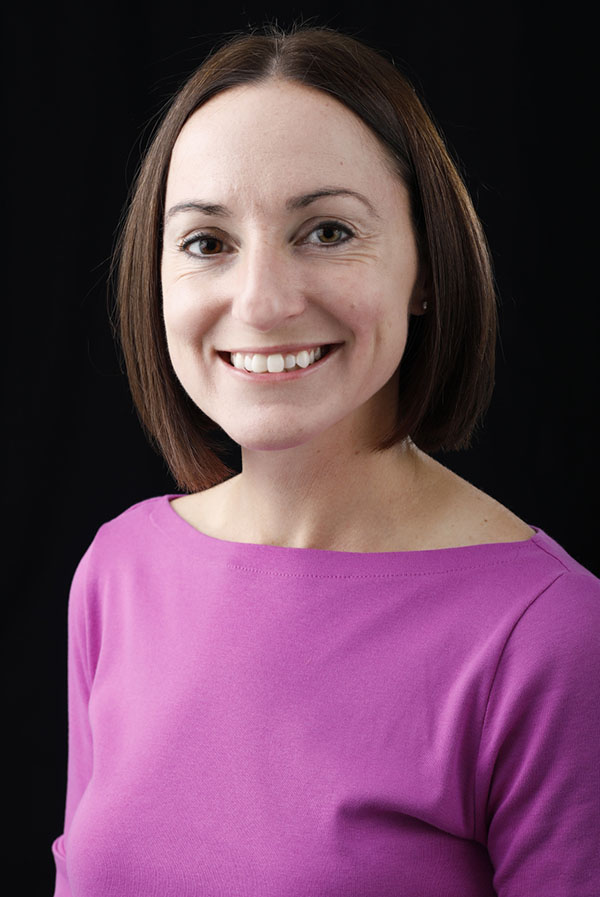
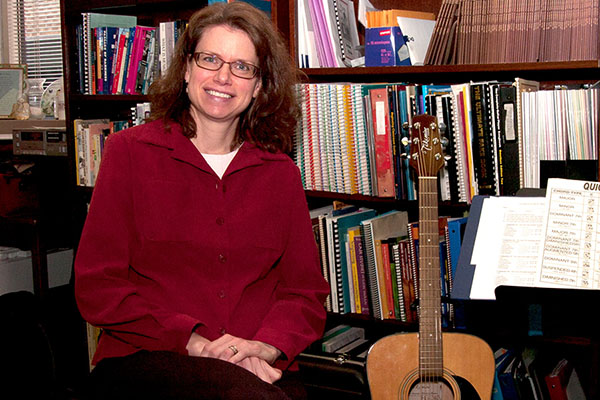

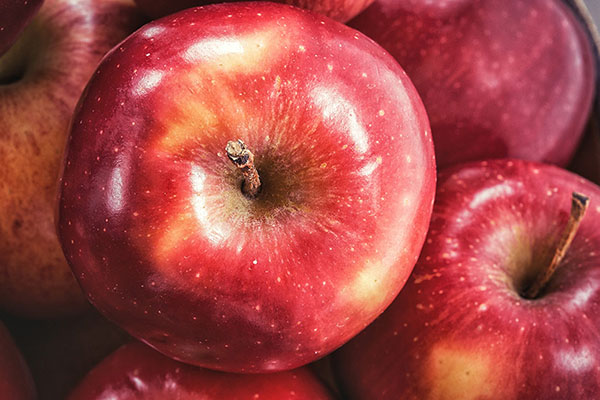
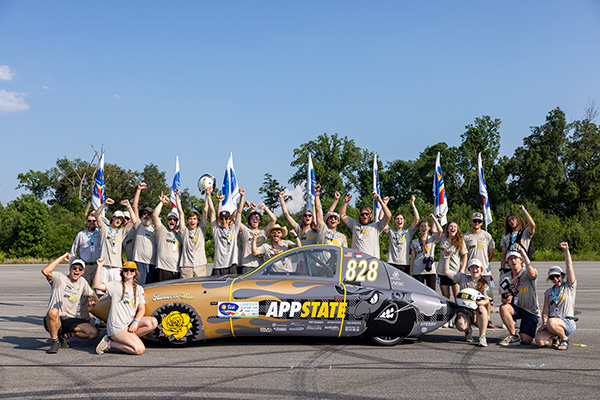

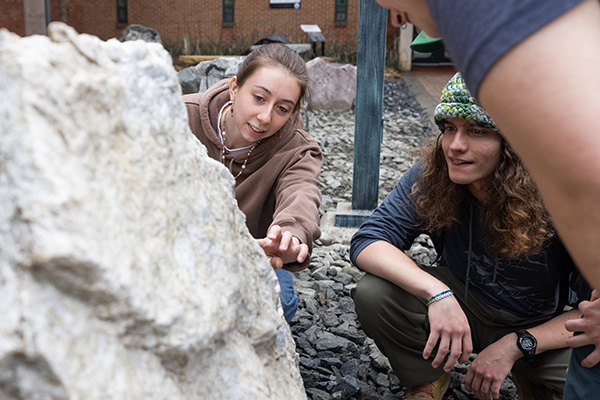
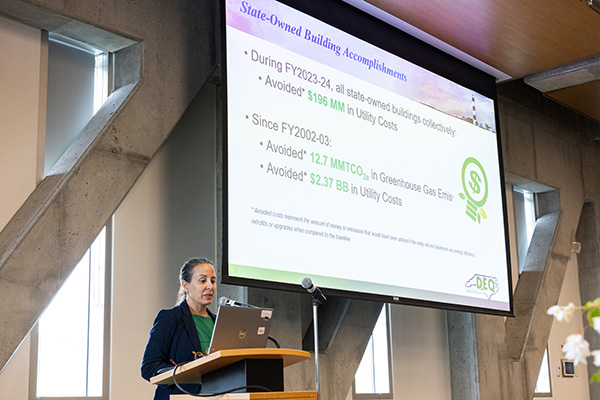

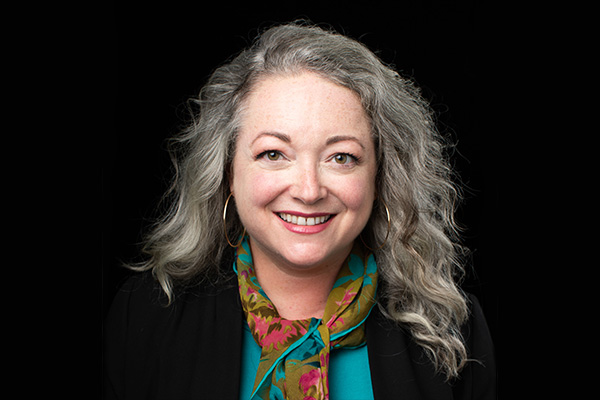

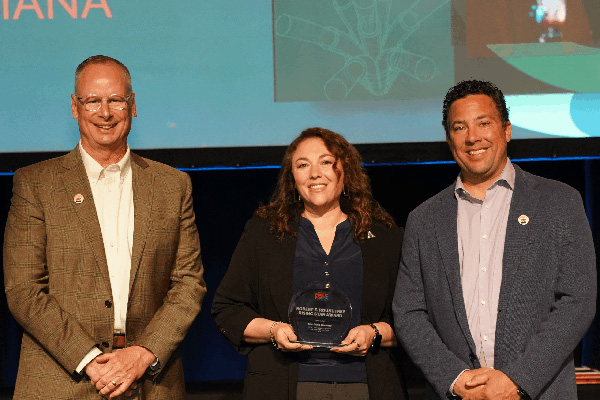
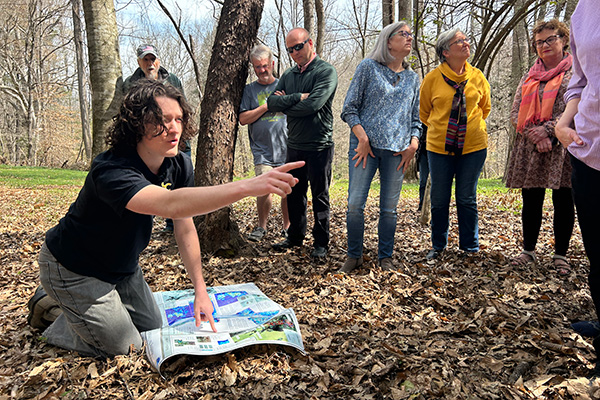
![‘Dragon prince’ dinosaur may be missing link in T. rex evolution [alumni featured]](/_images/_posts/2025/06/dragon-prince-600x400.jpg)
![Is Carb Cycling the Key to Increasing Your Endurance? [faculty featured]](/_images/_posts/2025/06/carb-cycling-600x400.jpg)
